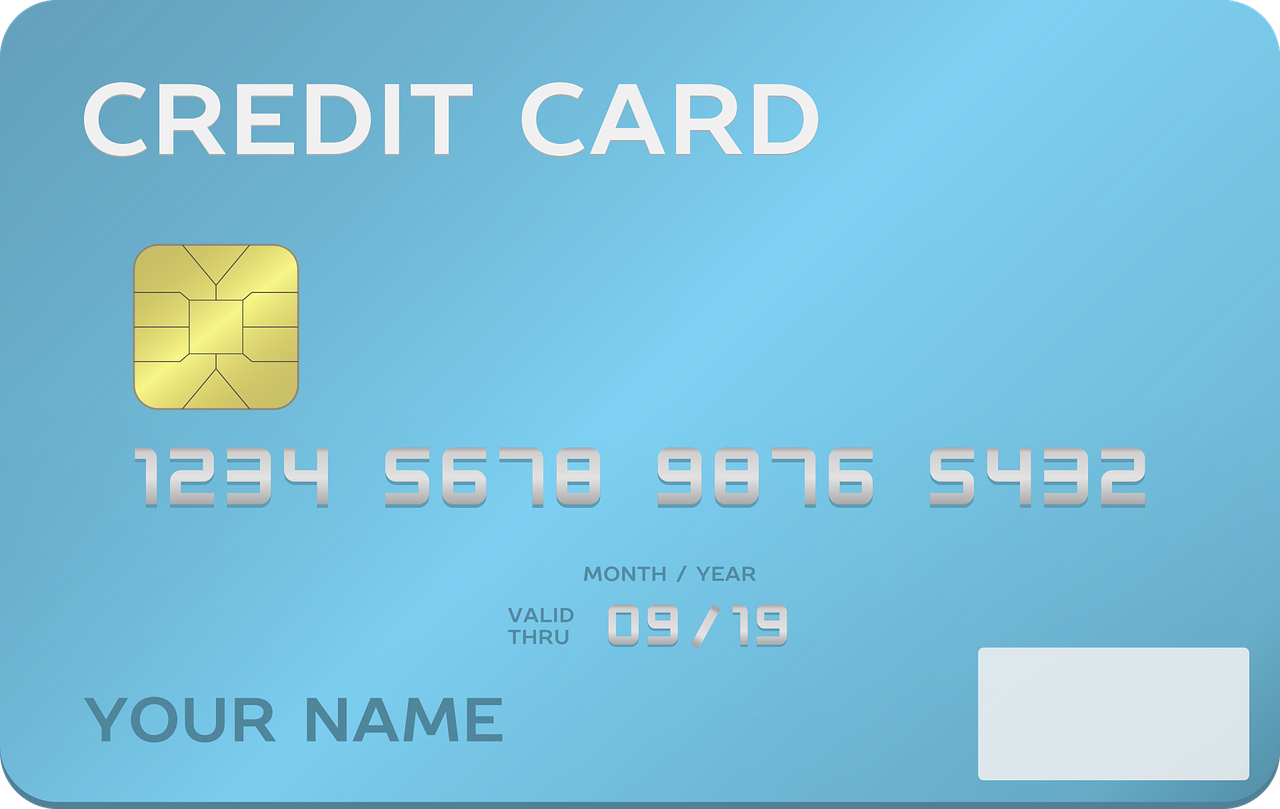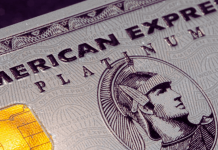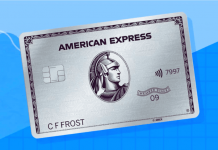Most students are on low budgets, often working part-time to pay their fees. Despite spending only on tuition, rent, food, and a weekend out, money seems to run out. To add to that, students have to pay their credit card fees.
What if you can find a credit card with low-interest rates and minimal fees?! By saving on credit card fees, a student can take on an extra course if possible. Or you can enjoy a well-deserved break to unwind before next semester.
In this article, we take a look at the average credit card fees a student has to pay on their credit cards. Staying well informed can help you budget accordingly and always stay on top of your credit score!

Credit Card Fees Charged to Students
Annual Fee
An annual percentage fee (APR) is charged to the credit cardholder for using the credit card. About 30% of all cards charge an average APR of $110. Luckily student credit cards do not charge an annual fee and students can save on this expense.
Annual Percentage Rate
The APR is the annual interest rate you pay on your card. The average minimum APR for students is 16.89% and the average maximum APR for students is 25.18%.
It’s best to go for a credit card that charges a low APR like the Wells Fargo Cash Back College Card that charges an APR of 11.15% – 21.15%.
Late Fees
Laws determine the amount credit card companies can charge as late fees. Late fees can be up to $28 for the first time you are late in your payment.
A second late payment within the same billing cycle can incur a late fee of up to $39. The average maximum late fee charged to students is $37.83.
Returned Payment Fee
Insufficient funds in your account will result in a returned payment for which you will be charged a returned payment fee. The average return payment fee for students is $34.43.
Penalty APR
You can incur a penalty APR if you are late on your credit card payment by at least 60 days and receive a written notice from the credit card company about an increase in interest rates at least 45 days before the effective date.
Students are usually charged an average penalty APR of 29.99%. The Chase Freedom Unlimited credit card is beneficial in this case as it does not charge any penalty APR.
Foreign Transaction Fees
Credit cardholders pay a foreign transaction fee for making purchases in a foreign country or a foreign currency. About 50% of all credit cards charge a 3% fee and a minimum charge of $5- $10.
About 40% of all cards and 50% of travel cards waive off the foreign transaction fee.
Balance Transfer Fees
Balance transfer fees are charged when you transfer credit card debt from one card to another. The fee is usually about 3% – 5% of the total amount transferred and a minimum fee of around $5 – $10.
About 72% of all credit cards charge an average of 3% balance transfer fees. The Journey Student Rewards credit card by Capital One does not charge balance transfer fees, penalty APR and foreign transaction fees.
Cash Advance Fees
Cash advance fees are charged when you use your credit card to withdraw cash from an ATM or use convenience checks form the credit card company. Cash advance fees range from 2% – 8% and a minimum fee of $5 – $10.

The Bottom Line
While students benefit from the waiving of annual fees, they pay large amounts in late fees and penalties. So the best way to save on extra fees is to make your payments on time.
You also can save by choosing a credit card with low APR and avoiding foreign transactions and cash advances as they charge high rates of interest and additional fees.
As a student, you are at the beginning of building your credit score. Thus it is best to spend wisely, build your credibility, and make the right financial decisions from the start!


